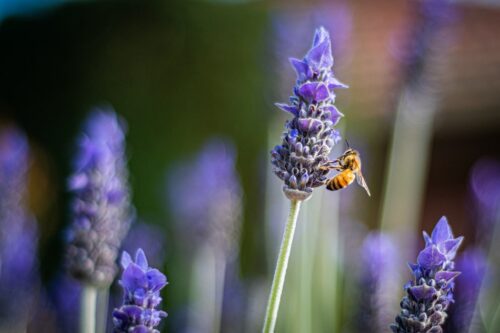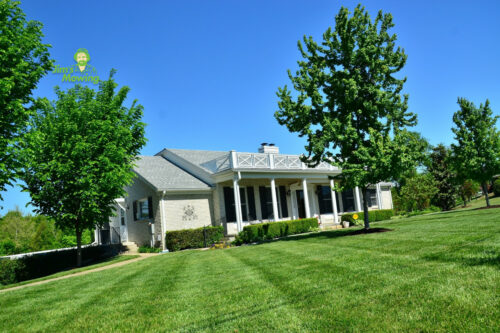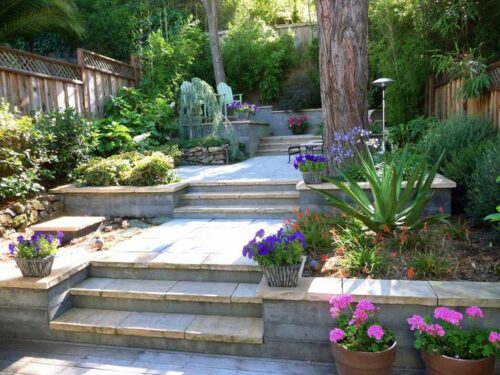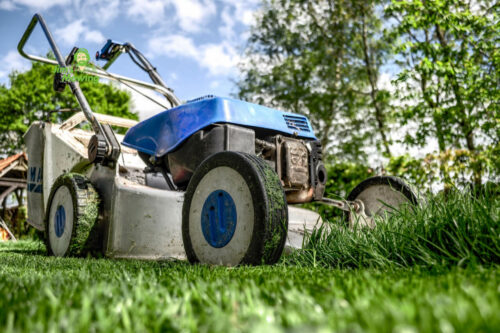Bees are important to the natural ecosystem. They pollinate plants which are essential for the health of many people and animals on earth. As such, it’s nice to help them out when we can. If you have a garden, this can include building a nice, safe space for them. Read on to learn more about how to attract bees to your backyard.
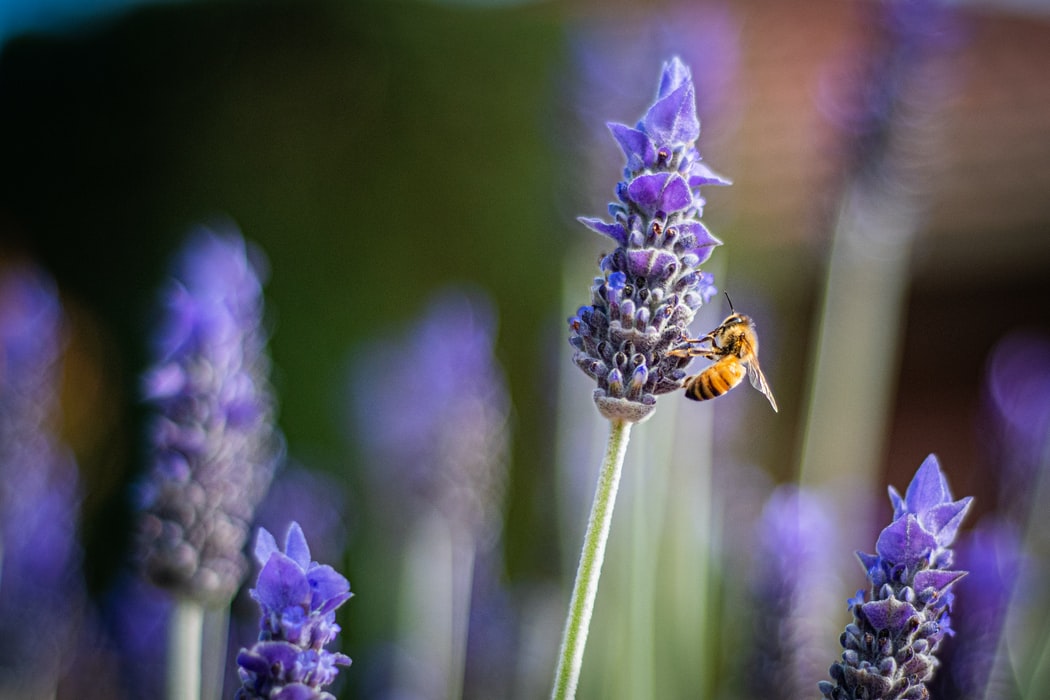
Plant bee attracting plants
Wondering how do I attract bees to my garden in Australia? One way is to incorporate bee attracting plants into the space. This can be trees, bushes, native plants or flowers. Trees that can attract bees to your garden include the wonderful natives Eucalyptus and Banksia. Bushes that attract bees can include Lavender and Kangaroo Paw. Many edible herbs are also responsible for attracting bees, including basil, mint, parsley, rosemary, and coriander. Some of these bee-friendly plants can also attract native birds, bringing even more life to your garden! We also have additional information on plants to attract birds, bees and butterflies to your garden available.
Use natural deterrents rather than chemicals
Chemicals can be bad news for bees and insects, and this includes garden chemicals. Instead of using pesticides, try to use natural alternatives. For example, if you’re finding there are lots of slugs coming in and eating through your veggie patch, instead of pesticides you might like to plant a few bushes of rosemary around. Rosemary has the extra benefit of being a bee-attracting plant! Instead of spraying weeds with weed killer, try to remove them at the roots. If you must spray weeds, try to only do so in areas away from plants that bees like, and choose those that don’t use bee-harming chemicals.
Put up bee shelters
Bees can get tired after lots of flying about and harvesting, so consider putting up shelters for them to get some rest in. The type of shelter that bees need can differ depending on the species. Some may like bare dirt for ground-nesting, while others prefer holes in trees and other wooden structures. Do a little research into the types of bees that frequent your area, and those that you’d like to attract to your garden, and then design the shelter spots accordingly. There are also specially-built bee houses and structures that you can purchase if you want to go all out and treat the bees to a luxury resting experience!
Place shallow water sources around
Along with food, bees also go in search for water during their days of flying about. Deep water can be a hazard for bees as they can get stuck and drown. Instead, make a bee bath by filling a saucer or other shallow dish with a small amount of water and adding in some stones or pebbles. The water should be shallow, and the rocks or pebbles should not be submerged (you want a space for the bees to be able to sit on and remain dry while drinking). Making a bee bath can be a great activity for kids, showing them the importance of bees. You can decorate this bath in many different ways, and have it suit the style of your garden. Place this water source in a location you have seen bees frequent and sit back and watch them enjoy it! Remember to change the water frequently so that it does not become stagnant or a breeding ground for mozzies.
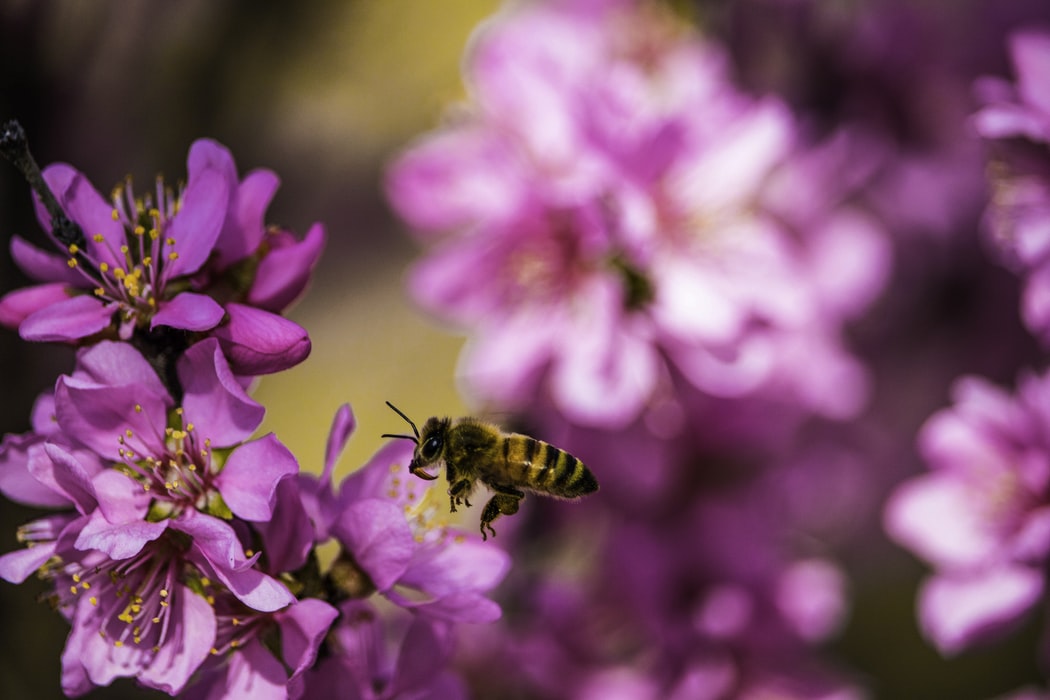
The benefits of having bees in the world are countless, and the least we can do to show our thanks is provide nice spaces in our gardens for them to frequent. Building a bee-friendly garden can include ensuring they have places to rest and somewhere to get food and water, along with reducing the number of chemicals used in the space.


